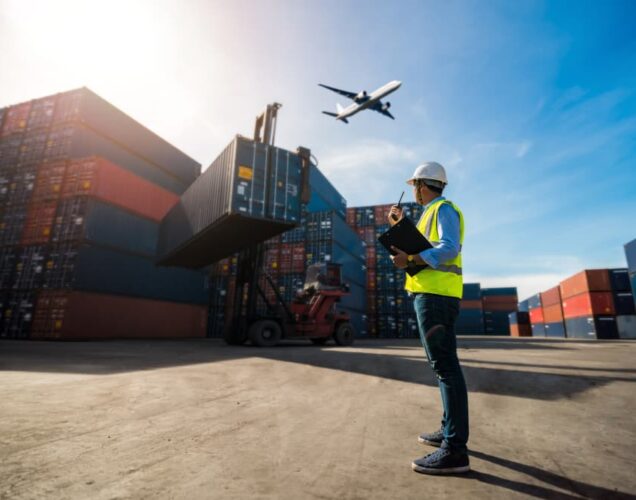From humble beginnings, e-commerce has grown to become the purchase channel of choice for many, in both business-to-business and business-to-customer transactions. Incredibly, the earliest online shopping systems actually predate the World Wide Web, and when 72-year-old Mrs Jane Snowball became the world’s first online “teleshopper” with Tesco in 1984, even the people involved in that forward-looking experiment couldn’t have predicted e-commerce as it exists now.
Market research company eMarketer projects global retail e-commerce sales to hit $4.058 trillion by 2020, accounting for 14.6% of all retail spending.
That growth represents ever-greater choice and convenience for the customer, but it also comes with challenges for companies who need to meet their customers’ increasingly demanding expectations about speed of delivery, as well as the need to find cost efficiencies as their e-commerce capacity grows.
A Fast, Efficient Logistics Solution
This is where e-commerce logistics comes in. If a company is importing hundreds, thousands or even tens of thousands of retail items a day, getting them into the country, cleared through customs, and into the hands of the customer as quickly and efficiently as possible becomes challenging. The default route is, of course the postal service: items coming individually or in bulk via airmail or surface mail, into the hands of the Royal Mail or delivery operator.
E-commerce logistics is about challenging that model, finding the efficiencies that will allow the item to reach the customer quicker.
An example of this is Low Value Bulking of Imports (LVBI). This is a simplified procedure currently allowed by HM Revenue & Customs that permits authorised companies to clear imports of low- and medium-value items in bulk, rather than declaring items individually. Specifically, items with an individual value of up to £15 can be cleared through customs duty and tax free in batches of up to 99 items per House Airway Bill. Medium-value items – valued between £15 and £135 – can be cleared in a similar way, but are subject to 20% import VAT.
The Brexit Effect
The future of the LVBI scheme is currently unclear – an equivalent EU-wide scheme was due to roll out, but with Britain due to leave the European Union after last year’s referendum, this is now unlikely to be adopted in the UK. That said, it seems highly likely that a broadly similar import bulking scheme will eventually replace LVBI – it not only makes things easier for importers, it also significantly decreases the burden on HMRC officials, and is therefore not something the government is likely to scrap in its entirety.
It’s important to note that not all freight companies are LVBI authorised and able to take advantage of the efficiencies it offers in e-commerce logistics.
Here at Hemisphere Freight, we are fully LVBI authorised and AEO accredited.
What this means for our e-commerce customers in real terms is that we can offer same-day clearance and turnaround; that’s customs clearance and despatch – whether re-mailing or delivery to a distribution centre or fulfilment house – on the very same day as your goods land in the UK.
The Future of E-commerce Logistics
With e-commerce projected to continue growing steadily over the next few years, and with increasing competition between e-commerce retailers on both cost and customer service fronts, the importance of making the right decisions around supply chain and logistics issues will only become more important. There are clear and demonstrable cost and efficiency advantages in partnering with a logistics provider who can work flexibly and proactively within HMRC import rules to provide the best overall service to both your business and your end customers.
If you’d like more information about e-commerce logistics and how our specialist services can improve efficiency in your supply chain, we’d encourage you to speak to one of our expert consultants today.





